Is quartz countertop better than granite?
Quartz countertops offer greater consistency and are easier to maintain than granite. They are also more resistant to stains and don’t require sealing.
Is quartz countertop better than granite? Choosing between quartz and granite countertops can be challenging as both have their unique advantages. Quartz provides a more uniform look and requires less upkeep, making it appealing for homeowners who prefer convenience and a contemporary style. On the other hand, granite brings natural, one-of-a-kind patterns and the classic elegance of real stone to a kitchen or bathroom.
As an engineered product, quartz offers a wider range of colors and designs, while granite boasts heat resistance and the potential to increase a home’s value. Your decision may ultimately hinge on aesthetic preferences, lifestyle needs, and budget considerations. Both quartz and granite are durable, long-lasting choices, yet understanding their differences is vital for selecting the perfect countertop for your space.
Quartz Vs. Granite: Material Showdown
Quartz vs. Granite: Material Showdown pits two titans of the countertop world against each other.
Homeowners and designers debate which is best for their spaces.
Both have their fans and their unique pros and cons.
Let’s dig deeper and see which might win the countertop crown in your home.
Composition And Appearance
Quartz is a man-made product, mixed with resin and color additives.
Granite is 100% natural stone, quarried from the earth.
| Material | Composition | Appearance |
|---|---|---|
| Quartz | 93% quartz particles and 7% resin | Consistent color and pattern |
| Granite | Pure natural stone | Unique, varied patterns |
Quartz offers a sleek and uniform look.
Granite shows off a one-of-a-kind natural beauty.
Range Of Colors And Patterns
When it comes to style, color, and pattern are key.
- Quartz has a wide variety of colors thanks to pigments.
- It replicates the look of real stones.
- Granite brings a unique pattern to each slab.
- It offers a wealth of natural color variations.
Quartz makes matching home decor easy.
Granite offers an exclusive, unmatched pattern.
Durability Battle: Quartz And Granite Head-to-head
When choosing a kitchen countertop, durability is key. Quartz and granite are top contenders, known for their strength and longevity. But which one holds the upper hand? Let’s dive into the durability battle and put these materials to the test.
Scratch And Chip Resistance
Quartz countertops shine with superior resistance to scratches. Made from one of the hardest minerals on Earth, they’re tough against daily wear and tear. Granite, while also resistant to scratching, can suffer chips on edges if struck hard enough.
- Quartz: Requires minimal maintenance to stay scratch-free
- Granite: Stands strong but be wary of harsh impacts
Heat Tolerance Comparisons
Granite counters are natural rock, so they can take the heat from pots and pans. Avoid direct contact for long periods, though. Quartz, less heat-tolerant, might crack if exposed to high temperatures.
| Countertop Type | Heat Tolerance |
| Quartz | Medium – use trivets |
| Granite | High – still use protection |
Maintenance And Care: Ease And Effort
When choosing between quartz and granite countertops, consider the maintenance. People want hassle-free options. This section dives into how quartz and granite fare in maintenance and care.
Daily Cleaning Routines
Quartz countertops shine with minimal effort. They require simple daily routines:
- Wipe with soap and water.
- Use a soft cloth or sponge.
- No need for special cleaners.
Granite also has easy routines but needs a bit more care:
- Avoid acidic cleaners; they can etch the surface.
- Opt for warm water and a ph-neutral soap.
- Dry with a microfiber cloth to prevent streaks.
Long-term Upkeep Requirements
Long-term care can influence your choice. Here’s what you need to know:
| Material | Long-Term Upkeep |
|---|---|
| Quartz | No sealing required. It’s nonporous and resists stains. |
| Granite | Needs sealing. Seal once a year to protect from stains. |
In summary, quartz wins for ease of long-term maintenance. Both offer straightforward daily cleaning. Make your decision according to your lifestyle and personal preferences.
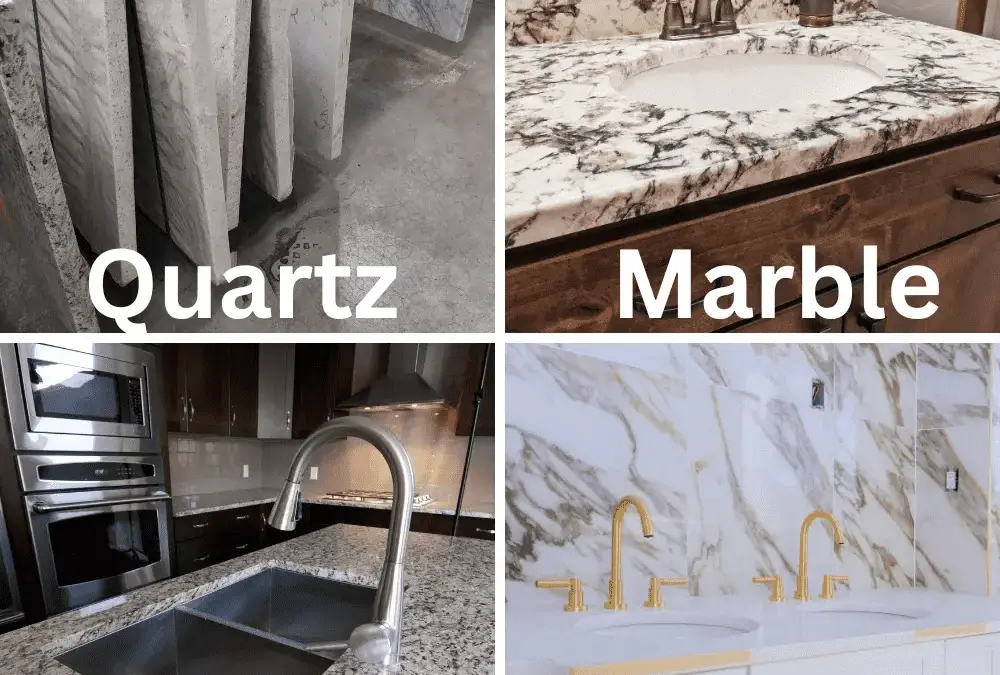
Cost Considerations: Weighing Your Investment
When choosing between quartz and granite countertops, cost plays a crucial role. Homeowners seek optimal value for their investment. This segment will dive into the costs linked with quartz and granite, offering insights into your countertop choice’s long-term value and upfront expenses.
Initial Price Point Comparison
Understanding the initial costs of quartz and granite countertops is vital. These costs can greatly affect your budget. Here’s a price overview to help with your decision.
| Material | Average Cost |
|---|---|
| Quartz | $60 – $150 per square foot |
| Granite | $40 – $100 per square foot |
Prices vary by region, color, and patterns. Quartz often has a higher initial price compared to granite.
Value Over Time
Countertops are a long-term investment. Value over time should match the initial price.
- Quartz stands out with minimal maintenance and enduring style.
- Granite requires more upkeep but can increase home value.
Durability means fewer replacements and repairs. These factors contribute to overall cost efficiency. Your investment in a quartz or granite countertop will be felt for years.
Installation And Fabrication: What To Expect
Thinking of upgrading your kitchen with a stunning new countertop? The journey begins long before the first slice is made into your chosen slab. Understanding the installation and fabrication process is key when deciding between quartz and granite countertops. Both materials require a precise and careful approach to ensure that they fit perfectly within your kitchen’s design. But what exactly should you expect during this critical phase? Let’s dive into the details.
Professional Handling And Tools Needed
Every countertop transformation starts with professional handling. Fabrication of both quartz and granite involves heavy materials and a need for precision. It’s not a DIY job. You’ll want a team of experts with a specific set of tools to do the job right.
- Diamond blade saws: For clean and precise cuts.
- Polishers: To achieve that smooth, gleaming surface.
- Adhesives and sealants: For strong, lasting fixtures.
Extra care is taken to transport and handle these slabs to prevent any damage.
Installation Timeframes
Your kitchen is the heart of your home, and minimal disruption is essential. With quartz and granite, the timeline for installation can vary.
| Material | Fabrication | Installation |
|---|---|---|
| Quartz | 1 – 2 weeks | 1 day |
| Granite | 2 – 3 weeks | 1 – 2 days |
Granite may take slightly longer, as it often requires one additional day for installation due to its unique patterning and the necessary customization. Whether it’s quartz or granite, a smooth and swift installation process depends on the expertise of your fabricators and installers.

Environmental Impact: Choosing Responsibly
When updating your kitchen with new countertops, consider the planet. Quartz and granite have different impacts on the environment. Your choice can help our Earth.
Mining And Manufacturing Processes
Quartz countertops are man-made. Factories combine natural quartz with resins. The mining is less invasive. The process uses waste materials from other industries.
Granite countertops need heavy quarrying. Large stone blocks come out from the Earth. This can harm the local ecosystem.
- Energy consumption: Quartz uses more energy in production.
- Transportation: Granite often travels far, leading to a larger carbon footprint.
Lifecycle And Recyclability
Quartz is durable. It lasts many years. End of life options are limited. Quartz is not biodegradable.
Granite is 100% natural. It can last a lifetime. At end of life, granite is recyclable. It can return to the environment with less harm.
| Quartz | Granite | |
|---|---|---|
| Lifecycle | Long-lasting | Lifetime durability |
| Recyclability | Limited | Highly recyclable |
Choosing between quartz and granite? Think long-term. Consider Earth’s health and well-being. Your choice makes a difference.
Real-life Applications: Testimonials And Case Studies
Embarking on the journey to select the perfect countertop can lead homeowners and businesses on vastly different paths. The stories shared in the ‘Real-Life Applications: Testimonials and Case Studies’ section illuminate the experiences of those who’ve chosen quartz over granite. These accounts showcase the real-world performance of quartz countertops, contextualizing their durability, aesthetics, and practicality in everyday use.
Residential Kitchen And Bath Highlights
Quartz emerges as a beloved hero in many homes. Its non-porous nature is a victory for those passionate about hygiene. Families often share thrilling tales of spill cleanups being an absolute breeze. The consistent color and pattern of quartz earn it great praise for unifying kitchen and bathroom aesthetics.
- Their Challenge: A busy kitchen that couldn’t endure daily use.
- Quartz Solution: Installed a stardust quartz countertop.
- Result: A stunning, resilient kitchen surface that wows guests and withstands chaos.
“Our quartz bathroom countertops are the highlight of our renovation. They’ve survived makeup stains, hot hair tools, and endless water splashes. A true testament to quartz resilience!”
Commercial Spaces
Quartz continues to dazzle in commercial settings. From high-traffic hotel lobbies to dynamic office kitchens, quartz proves its worth. Business owners frequently report on quartz’s ability to resist the wear and tear of countless interactions. Its minimal maintenance seals the deal for many.
| Challenge | Quartz Solution | Outcome |
|---|---|---|
| A lobby needing a touch of elegance and durability. | Quartz countertops installed at the check-in area. | A sophisticated and welcoming space with enduring appeal. |
“Employee feedback on our quartz kitchenette has been overwhelmingly positive. It’s tough against coffee spills and constant use. We’re extremely satisfied with our choice.”
Making The Decision: Which Countertop Suits Your Needs
Choosing between quartz and granite countertops often hinges on personal needs and lifestyle. Both bring unique qualities to a kitchen or bathroom. Your choice impacts the area’s look, feel, and functionality.
Assessing Lifestyle And Usage
Think about daily kitchen habits. Quartz excels in durability, resisting stains and scratches. It’s non-porous, so it rejects bacteria and does not need sealing. Granite, while tough, requires more upkeep to prevent staining.
- Quartz: Low-maintenance, versatile for busy kitchens.
- Granite: Heat-resistant, unique for careful cooks.
For families, quartz withstands spills and crumbs. For avid chefs, granite supports hot pans and searing skillets.
Aesthetics Versus Functionality
Visual appeal influences decisions. Quartz offers a consistent, clean look with various color options. It mimics natural stone yet provides a modern touch. Granite showcases natural beauty, with each slab being unique. Colors and patterns vary, adding character to spaces.
| Countertop | Visual Style | Functionality |
|---|---|---|
| Quartz | Uniform, contemporary | Stain resistant, low-care |
| Granite | Distinctive, classic | Heat tolerant, requires sealing |
Balance looks with use. Consider the kitchen’s or bathroom’s overall design. Think about color schemes, cabinet materials, and lighting. Remember practicality. A beautiful countertop must also meet your home’s daily demands.
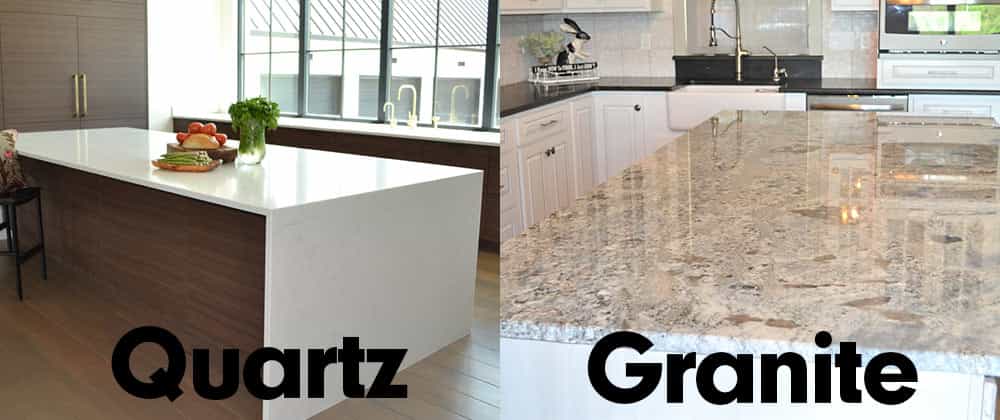
Frequently Asked Questions On Is Quartz Countertop Better Than Granite?
Which Is More Expensive Granite Or Quartz?
Quartz typically costs more than granite, although prices can vary based on quality and brand.
What Are The Disadvantages Of Quartz Countertops?
Quartz countertops can be costly and are not completely heat resistant. Over time, they may discolor if exposed to direct sunlight. Despite their durability, they can sustain damage from sharp objects.
Does Quartz Scratch Easier Than Granite?
Quartz is generally less scratch-resistant than granite. Granite, composed of harder minerals, ranks higher on the Mohs hardness scale.
Does Granite Stain More Than Quartz?
Granite is more prone to staining than quartz due to its porous nature. Quartz, being non-porous, resists stains better. Always use a sealer for granite to minimize staining risks.
Conclusion
Choosing between quartz and granite countertops ultimately depends on your personal preference and lifestyle needs. Both offer durability and style but differ in maintenance and aesthetic. Quartz provides consistency and minimal upkeep, while granite brings a unique, natural look and requires sealing.
Consider your priorities to make the best decision for your home.


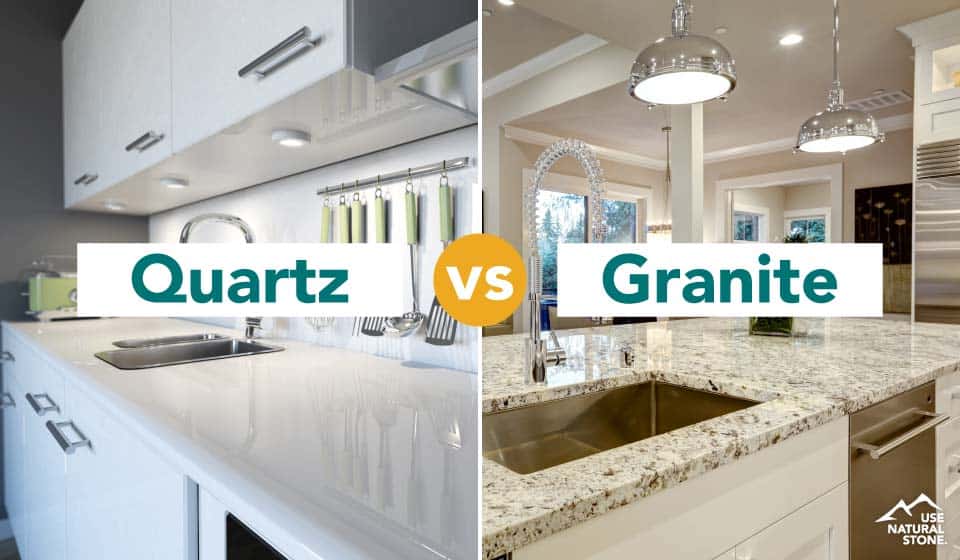

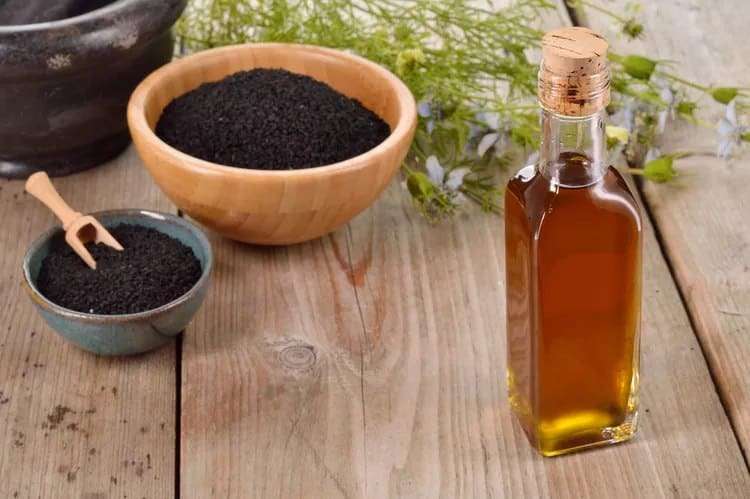
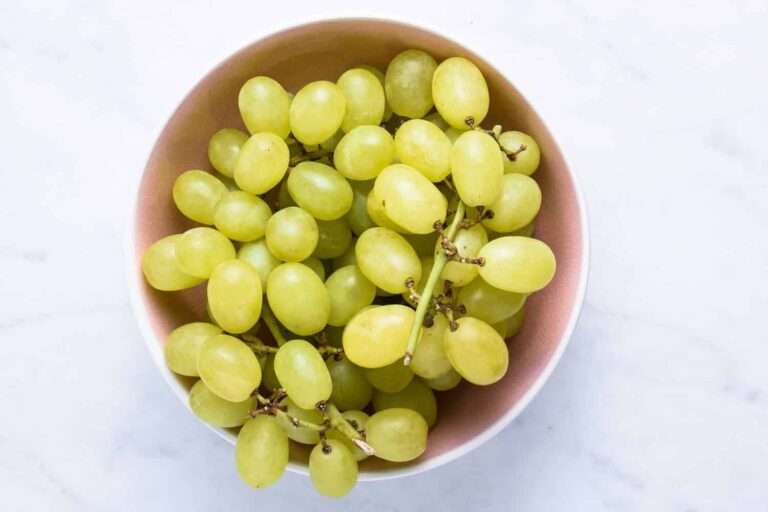


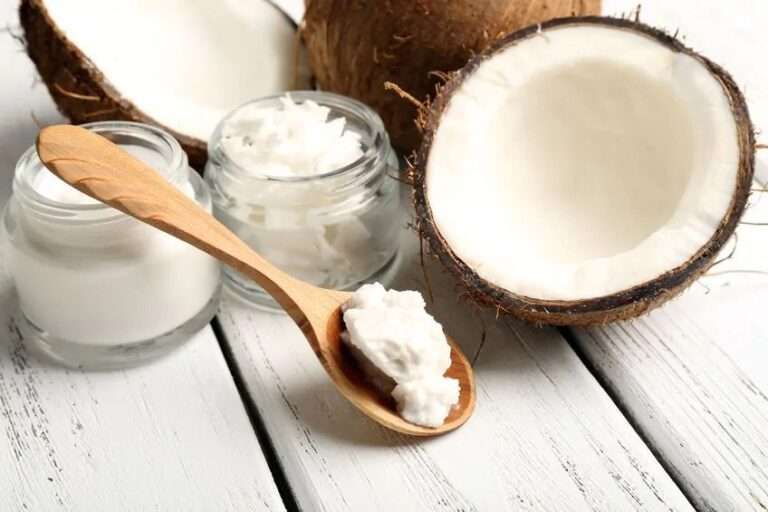

2 Comments